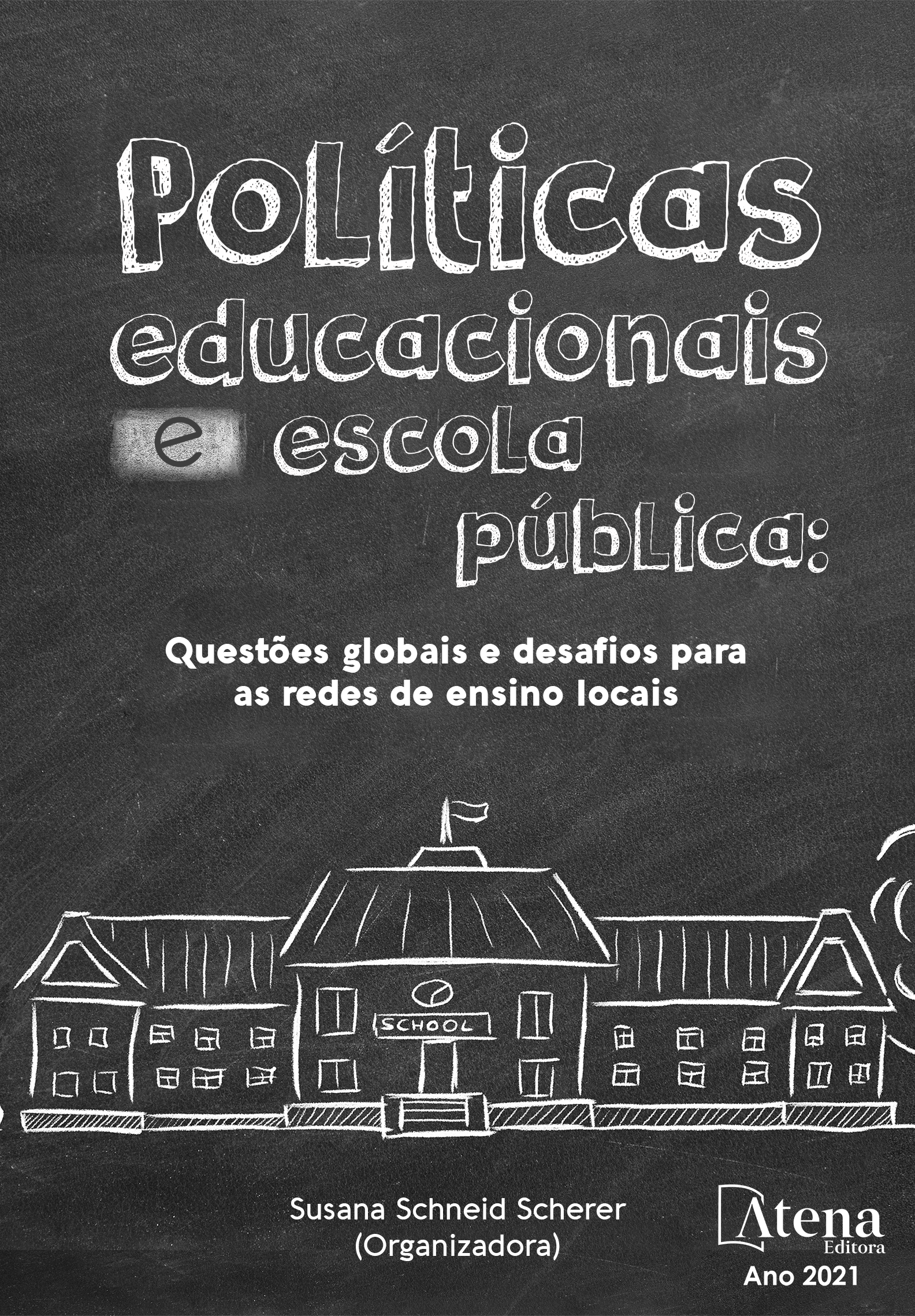
CONTRIBUIÇÕES DOS JOGOS E BRINCADEIRAS NA EDUCAÇÃO INFANTIL NO BRASIL: UMA REVISÃO NARRATIVA
O objetivo deste artigo é apresentar por meio de uma revisão narrativa, como as brincadeiras e os jogos contribuem para o desenvolvimento da criança na educação infantil. Em certo momento da história da educação, a criança era tratada como um pequeno brinquedo ou animal de estimação, usado para entreter os pais, posteriormente, deu-se a necessidade de preparar o indivíduo para a vida futura, surge aí a ideia inicial da educação infantil. Nesta perspectiva, surgiram também as primeiras instituições de atendimento específico para as crianças pequenas, inicialmente para o cuidado e a assistência aos órfãos, filhos da guerra ou rejeitados pelo abandono produzido pela pobreza, miséria e movimentos migratórios. Os jogos e as brincadeiras sempre tiveram um papel primordial em que? Na educação?, pois, desde que surgiram, no século XVI, os primeiros estudos foram em Roma e na Grécia, com o propósito de ensinar letras, em que se percebeu que o jogo é uma atividade, para as crianças, essencial no processo ensino e aprendizagem. Portanto, o brincar é considerado uma fonte de lazer e de conhecimento, além de possibilitar o exercício daquilo que é próprio no processo de desenvolvimento e aprendizagem. Portanto, este artigo mostrou-se significativo, pois constatamos que, além de buscar compreender a importância dos jogos e brincadeiras na educação infantil, também é possível criar um ambiente educacional adequado e organizado. Por meio da brincadeira deve-se buscar despertar a satisfação e o interesse para melhorar o espaço do processo de ensino e aprendizagem infantil.
CONTRIBUIÇÕES DOS JOGOS E BRINCADEIRAS NA EDUCAÇÃO INFANTIL NO BRASIL: UMA REVISÃO NARRATIVA
-
DOI: https://doi.org/10.22533/at.ed.2862116077
-
Palavras-chave: Educação Infantil. Jogos e Brincadeiras. Ensino e Aprendizagem
-
Keywords: Child education. Games and Play. Teaching and learning
-
Abstract:
The purpose of this article is to present, through a narrative review, how games and games contribute to the development of children in early childhood education. At a certain point in the history of education, the child was treated as a small toy or pet, used to entertain the parents, later, there was the need to prepare the individual for the future life, then the initial idea of education arises. childish. In this perspective, the first specific care institutions for small children also emerged, initially for the care and assistance of orphans, children of war or those rejected by the abandonment produced by poverty, misery and migratory movements. Games and games have always played a major role in what? In education?, since, since they appeared in the 16th century, the first studies were in Rome and Greece, with the purpose of teaching letters, in which it was realized that the game is an activity, for children, essential in the teaching process and learning. Therefore, playing is considered a source of leisure and knowledge, in addition to enabling the exercise of what is proper in the development and learning process. Therefore, this article proved to be significant, as we found that, in addition to seeking to understand the importance of games and games in early childhood education, it is also possible to create an appropriate and organized educational environment. Through play, one should seek to arouse satisfaction and interest in improving the space of the teaching and learning process for children.
-
Número de páginas: 15
- Delcenir Porto Costalonga
- Alìcia Real Tuão
- Luzinete de Freitas Cândido Kaiser
- Débora de Freitas Feliciano
- Edmar Reis Thiengo
- Dalvina Costa Fontana


